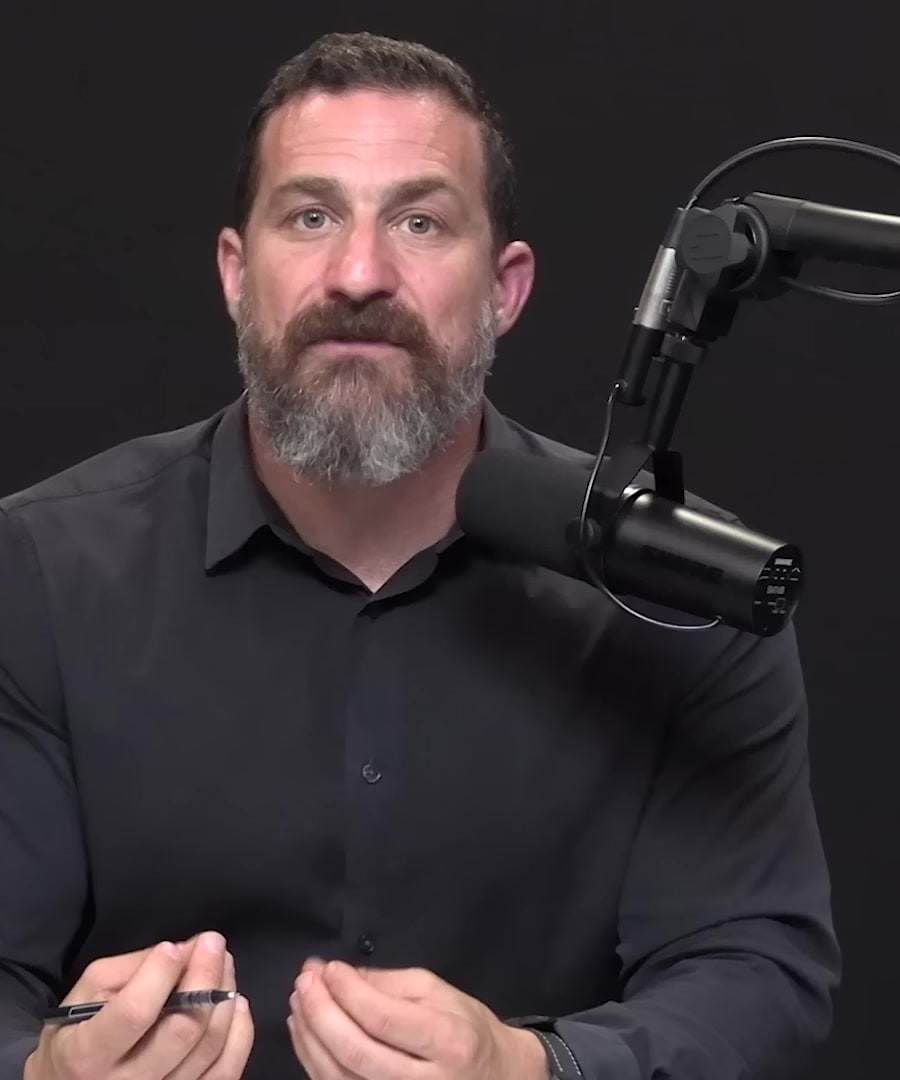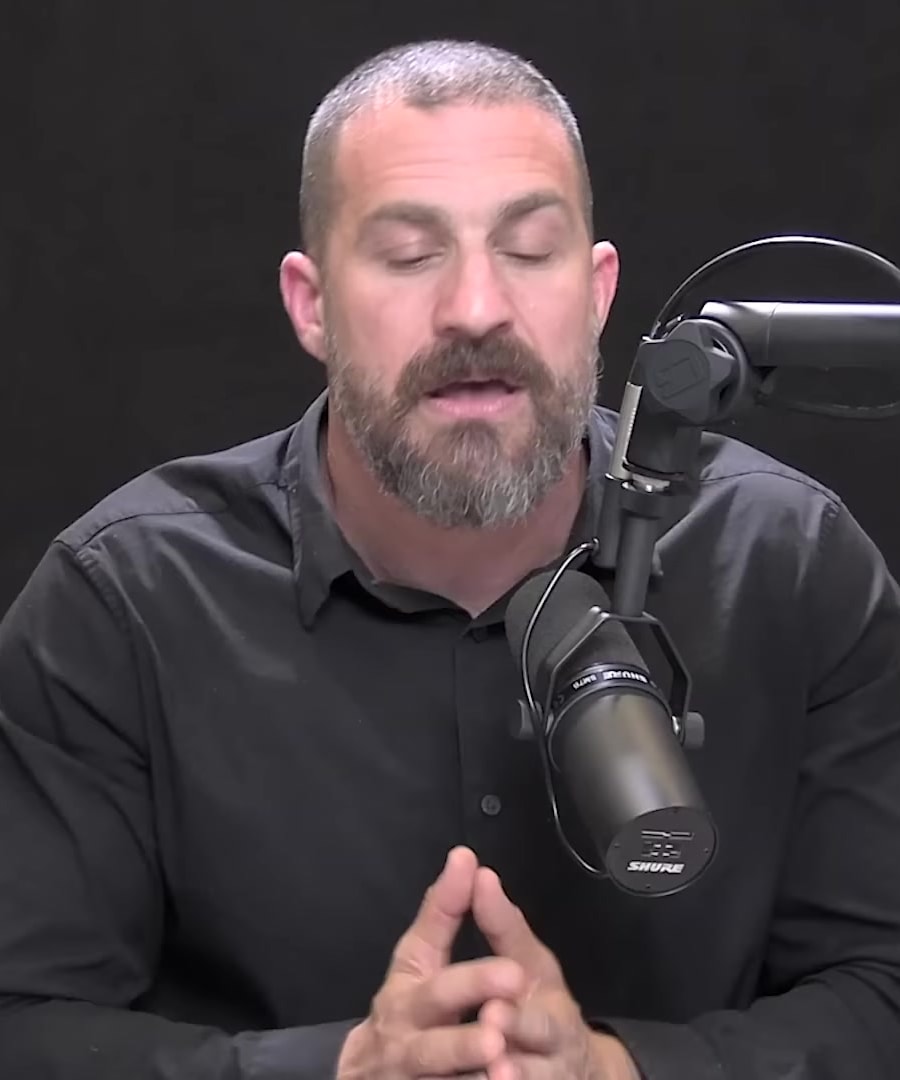Best protocols for reducing anxiety
Sources:
Several protocols have been discussed by to help reduce anxiety, including:
-
Journaling About Stressful or Traumatic Events: Delving into stressful or traumatic experiences through writing for 15 to 30 minutes can produce long-lasting positive effects on mental and physical health. It is suggested to begin with moderately stressful events and to adhere to the protocol of writing about the same event four times, either on consecutive days or spaced out across weeks. However, caution is recommended if the emotional impact is too significant 1.
-
Sauna for Lowering Cortisol: Utilizing a sauna protocol that involves 12-minute exposures to a 90-degree Celsius environment followed by a six-minute cooldown in cool water can significantly reduce cortisol levels, a stress hormone, thereby aiding stress management 2.
-
Control Over Physiological Responses: Recalibrating the relationship between outside events and internal responses, which can be influenced by the insular cortex, is under our control. A simple and short protocol can reduce fear and trauma responses significantly by affecting this internal calibration 3.
-
Breathing Exercises: A five-minute-a-day breathing protocol, performing cyclic physiological sighs, has been shown to improve mood, reduce anxiety, and enhance sleep. This involves repeated deep inhales through the nose, followed by an exhale to empty the lungs through the mouth, done continuously for the duration of five minutes 4.
-
Deliberate Induction of Stress: Deliberately inducing a physiological state of acute stress, for instance, through a cold shower or ice bath, can help reverse the effects of chronic stress when done in a self-directed manner and ideally with the support of a clinician. It's important to note that the duration and specifics of the protocol are crucial, and it's not recommended for people with anxiety or panic disorders without professional guidance 5.
Before trying any of these protocols, it is advised that individuals consult healthcare professionals and consider their own readiness to engage with potentially emotionally challenging exercises.
RELATED QUESTIONS-
Best protocols for reducing anxiety
- RELATED QUESTIONS




